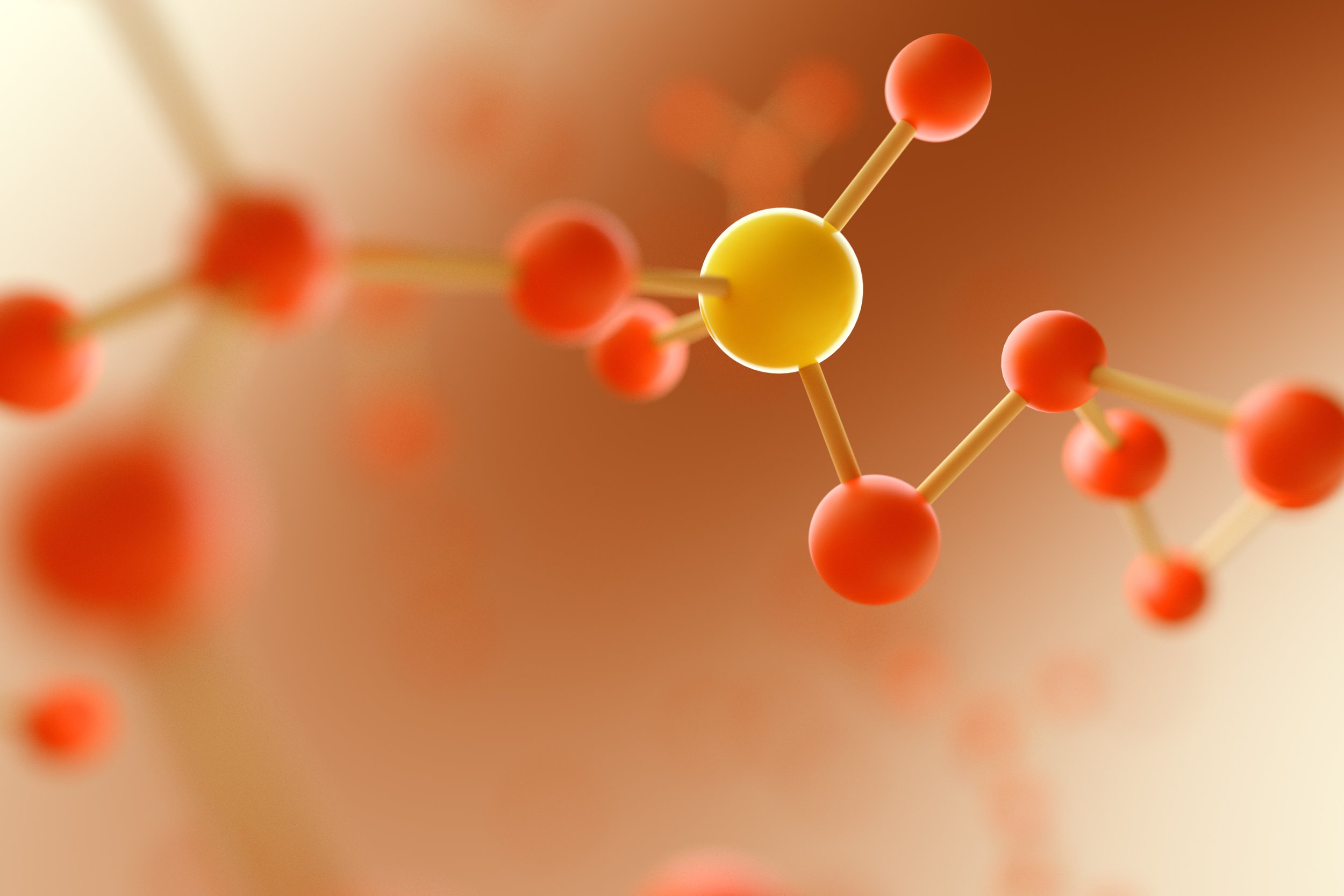Nutritional Insights Through Blood Testing
Nutritional factors can be measured through various blood tests that assess the levels of essential vitamins, minerals, and other nutrients in the body. These tests help determine whether you're getting sufficient nutrients from your diet or if you might have deficiencies that need to be addressed. Below are some key nutritional factors that can be evaluated through blood tests
Photo by Photo By: Kaboompics.com
1. Vitamins
Vitamin D: A crucial vitamin for bone health, immune function, and mood regulation. A Vitamin D blood test measures levels of 25-hydroxyvitamin D to assess sufficiency or deficiency
Vitamin B12: Important for red blood cell formation, nerve function, and DNA synthesis. Low levels can lead to anemia and neurological problems .
Folate (Vitamin B9): Essential for DNA synthesis, cell growth, and proper brain function. Folate deficiency can lead to anemia and pregnancy complications .
Vitamin A: Important for vision, immune function, and skin health .
Vitamin C: Known for supporting the immune system, skin health, and wound healing. Deficiency can lead to scurvy .
Vitamin E: An antioxidant important for cell protection and skin health .
2. Minerals
Iron: Iron tests measure levels of ferritin and hemoglobin to determine if you're anemic or have iron deficiency. Iron is essential for red blood cell production and oxygen transport .
Calcium: Necessary for bone health, nerve function, and muscle contraction. Blood calcium levels can indicate bone issues or imbalances in parathyroid function .
Magnesium: Involved in many biochemical reactions, including energy production and muscle function. Magnesium deficiency is linked to muscle cramps, heart health issues, and fatigue .
Zinc: Plays a role in immune function, wound healing, and DNA synthesis. Low levels can weaken the immune system .
Sodium and Potassium: These electrolytes are vital for nerve function and maintaining fluid balance in the body .
3. Proteins and Lipids
Total Protein: Measures the overall level of protein in the blood, including albumin and globulin, and can indicate nutritional or liver issues.
Albumin: A type of protein that can indicate liver or kidney function and is also related to overall nutritional status.
Cholesterol and Triglycerides: These are part of a lipid panel and help evaluate cardiovascular risk. They can also provide indirect insight into dietary fat intake and metabolic health.
4. Carbohydrate-related Factors
Blood Glucose (Blood Sugar): A test to determine how well your body is managing glucose, which can indicate issues with carbohydrate metabolism, such as diabetes.
Hemoglobin A1c (HbA1c): Reflects average blood glucose levels over the past 2-3 months, used to diagnose and monitor diabetes .
5. Homocysteine
Elevated levels of homocysteine in the blood can indicate deficiencies in folate, Vitamin B6, or Vitamin B12, as these vitamins are essential for metabolizing homocysteine.
Other Specialized Nutritional Tests
Omega-3 Fatty Acids: A test to measure the levels of omega-3s, which are important for heart and brain health .
C-Reactive Protein (CRP): An indicator of inflammation that can also reflect dietary factors, such as omega-3 intake or antioxidant levels.
References:
NIH Office of Dietary Supplements: Provides comprehensive information on the importance of measuring nutritional biomarkers.
Holick, M.F. (2007). "Vitamin D deficiency." New England Journal of Medicine. 357(3): 266-281.
Smith, A.D., et al. (2010). "Vitamin B12 and cognition in elderly." American Journal of Clinical Nutrition.
Bailey, L.B. (2000). "Folate status assessment." Nutrition Reviews.
Sommer, A. (2008). "Vitamin A deficiency and its consequences." World Health Organization Report.
Carr, A.C. & Frei, B. (1999). "Toward a new recommended dietary allowance for vitamin C." American Journal of Clinical Nutrition.
Traber, M.G. (2006). "Vitamin E: Too much or not enough?" American Journal of Clinical Nutrition.
Andrews, N.C. (1999). "The iron transporter DMT1 and its role in iron absorption." Annu Rev Med.
Holick, M.F. (2006). "High prevalence of vitamin D inadequacy and implications for health." Mayo Clinic Proceedings.
Rude, R.K. (1998). "Magnesium deficiency and neuromuscular effects." Journal of Clinical Endocrinology and Metabolism.
Prasad, A.S. (1993). "Zinc deficiency and its functional implications." Nutrition.
Adrogué, H.J., & Madias, N.E. (2000). "Sodium and potassium in health and disease." New England Journal of Medicine.
Loehr, L.R. (2004). "Protein levels as a marker of nutritional status." Journal of Nutrition.
Rothschild, M.A., & Oratz, M. (1976). "Albumin synthesis in the liver." Journal of Clinical Investigation.
Grundy, S.M. (2002). "Cholesterol management and coronary heart disease prevention." Journal of the American Medical Association.
American Diabetes Association (2014). "Standards of medical care in diabetes."
Nathan, D.M., et al. (2009). "Medical management of hyperglycemia in type 2 diabetes." Diabetes Care.
Clarke, R., et al. (1991). "Homocysteine and cardiovascular risk." Journal of the American Medical Association.
Simopoulos, A.P. (2002). "Omega-3 fatty acids and cardiovascular disease." American Journal of Clinical Nutrition.
Ridker, P.M., et al. (2002). "C-reactive protein and cardiovascular risk." New England Journal of Medicine.
NIH Dietary Guidelines: Reviews essential nutrient monitoring for preventing chronic diseases.




